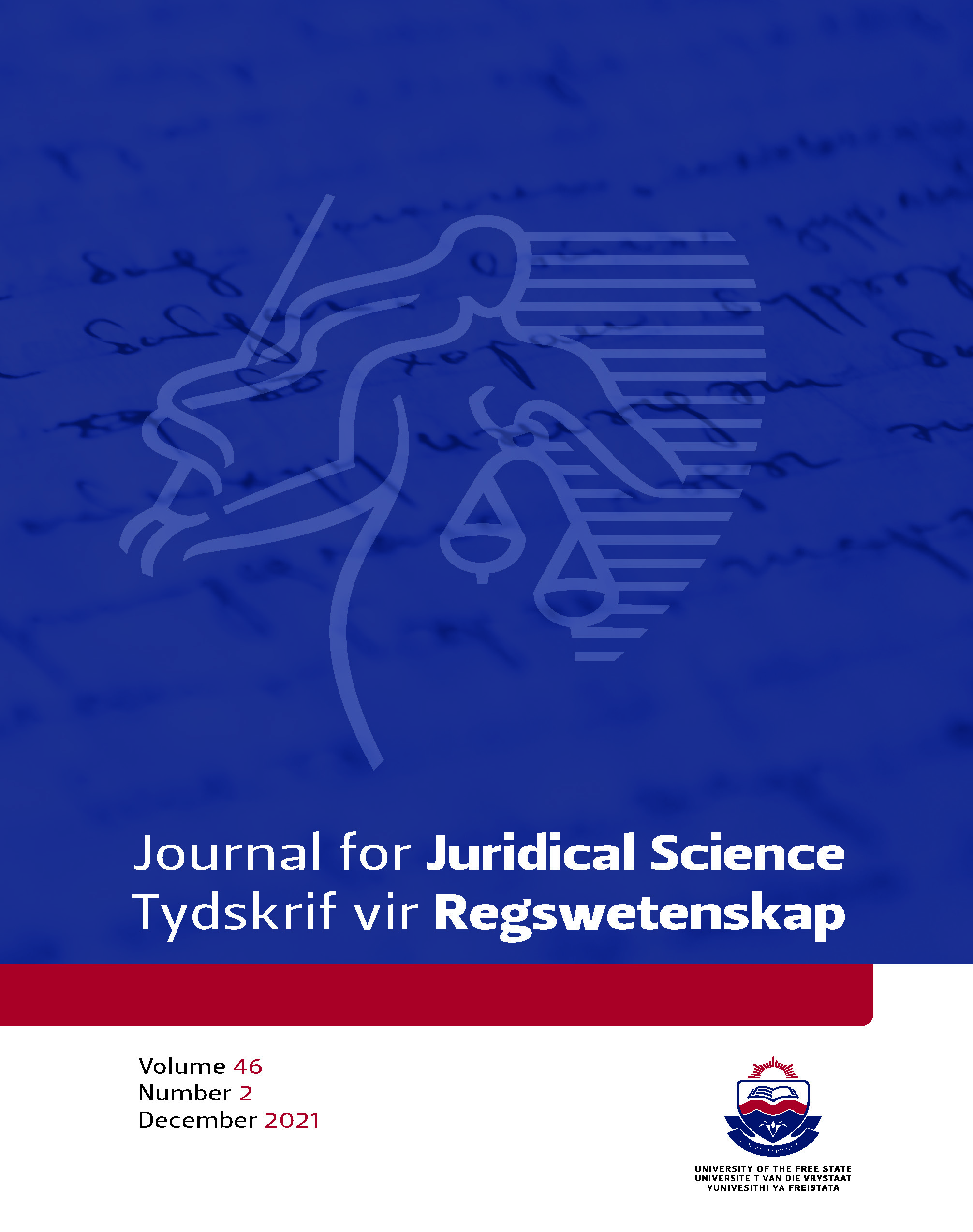Warrantless search and seizure by SARS: A constitutional invasion of taxpayers’ privacy? – Part two
DOI:
https://doi.org/10.18820/24150517/JJS46.i2.1Abstract
Sec. 63 of the Tax Administration Act 28 of 2011 (TAA) grants officials of the South African Revenue Service (SARS) access to taxpayers’ private and confidential information by, first, searching a taxpayer’s person and premises without a warrant and, secondly, permitting the seizure of taxpayers’ possessions and communications. Part One of this article (see Journal for Juridical Science 2021(1)) argued that the TAA is a “law of general application” as envisaged by the so-called “limitation clause” contained in sec. 36(1) of the Constitution, 1996 and that, in terms of the threshold stage of analysis prescribed by this provision, the exercise of the powers conferred by sec. 63(1) and (4) limits a taxpayer’s constitutional right to privacy as entrenched in sec. 14 of the Constitution. In this Part Two of the article, it will be hypothesised that, although the search and seizure powers in sec. 63(1) and (4) of the TAA are not models of drafting with absolute clarity, they ought, in terms of the second stage of enquiry that is triggered by the findings in Part One, nevertheless to pass muster under sec. 36(1) of the Constitution, because of the justifiability of the limitation imposed on the right to privacy by these provisions.
Downloads
##submission.downloads##
Published
Issue
Section
License
Copyright (c) 2021 Fareed Moosa

This work is licensed under a Creative Commons Attribution 4.0 International License.




